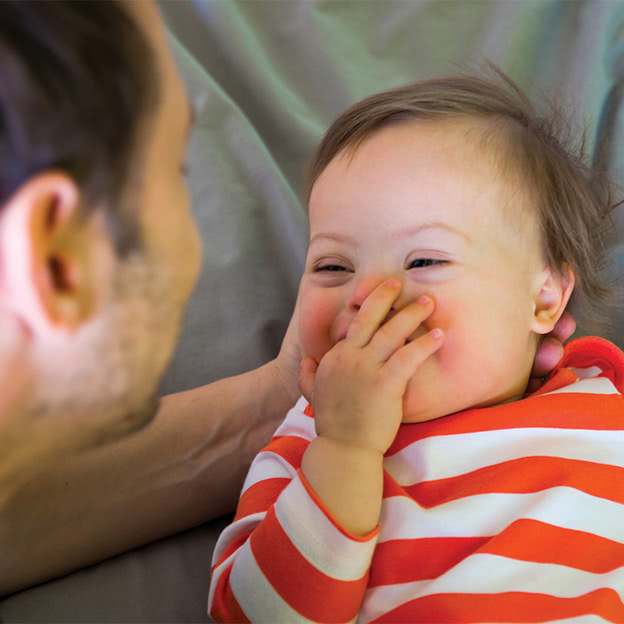
Section
Parenting with Extra Challenges
All parents have challenges and some have the extra challenges we talk about on this page. Look at the tips and resources here, to help you get the support you need.
Where to Find Help
Community-based help for people with disabilities.
1-916-325-1690
Help for people who care for the child of a relative, like grandparents raising grandchildren.
1-800-546-0047
Free relay services and phone equipment for deaf and disabled Californians.
1-800-806-1191
Help with legal issues and getting services for people with disabilities.
Voice: 1-800-776-5746TTY: 1-800-719-5798
Support for families of children with disabilities.
1-916-993-7781
Things You Can Do
For Single Parents
If you are stressed, ask for help. Call a friend or relative for support.
Routines, like regular meals and bedtimes, can help you manage a busy schedule. And they help your children feel more secure.
If you are new to parenting, take a parenting class.
Join or start a play group where you can visit with other parents while your children play.
Join a support group for single parents. There are lots of groups for single parents listed in the “Parents & Family” section of www.meetup.com/topics.
For Teen Moms
If you are living with your family, try to talk openly about feelings and your changing role as a parent.
Try to get some exercise every day.
Try to take a break every day. Ask someone you trust to care for your baby.
If you are feeling alone or overwhelmed, you can get help. See Emotional Health.
Help for Parents with Disabilities
There are techniques, baby clothes, and equipment that can make baby care easier. For information, contact Through the Looking Glass.
If you are deaf, hard of hearing, or cannot use most phones, you can get a free phone or adaptive device that works for you. Contact the Deaf and Disabled Telecommunications Program.
For legal advice and referrals to other types of assistance, contact Disability Rights California or the independent living center in your county.
If Your Baby Has a Special Need
Some babies have health problems that will need ongoing care. For example, babies can be born prematurely, or with a condition such as Down syndrome. If your baby has a special need, learn as much as you can from your baby’s doctor. Contact your local Early Start Family Resource Center for information and support. See Your Baby from 6 to 12 Months for more information on getting help early.

If your baby has a special need, learn as much as you can, and get support.
Resources for Grandparents
If you are raising your grandchildren, you can get support and financial assistance. To learn more, contact the California Kinship Navigator Program.

Help is available for grandparents who are raising grandchildren.
Teen Parents
Ask your school about teen parent programs to help you finish high school and learn parenting skills. You can also get your GED or high school diploma at your community college.
Some counties have programs that help teen parents identify goals and work toward them. Ask your doctor or the local public health department if your county has an adolescent family life program.
You may be able to get home visits from someone trained to help you with parenting challenges. Ask your child’s doctor if this is available in your area.
If You Have a New Foster or Adopted Child
Even if you have been waiting a long time for your child, you will still need time to adjust when she arrives. Spend as much time together as you can, so you can get to know each other. Take family leave if you can.
You may not know a lot about your child’s health or family history. Talk with her doctor about tests and vaccines she needs.
If your child was neglected or abused before joining your family, it will take time for her to heal. Provide loving support, and look for services to help her. Your placement agency should be able to help with this.
It is normal for older children to miss their previous caregiver when they join a new family. Let your child express these feelings and comfort her.